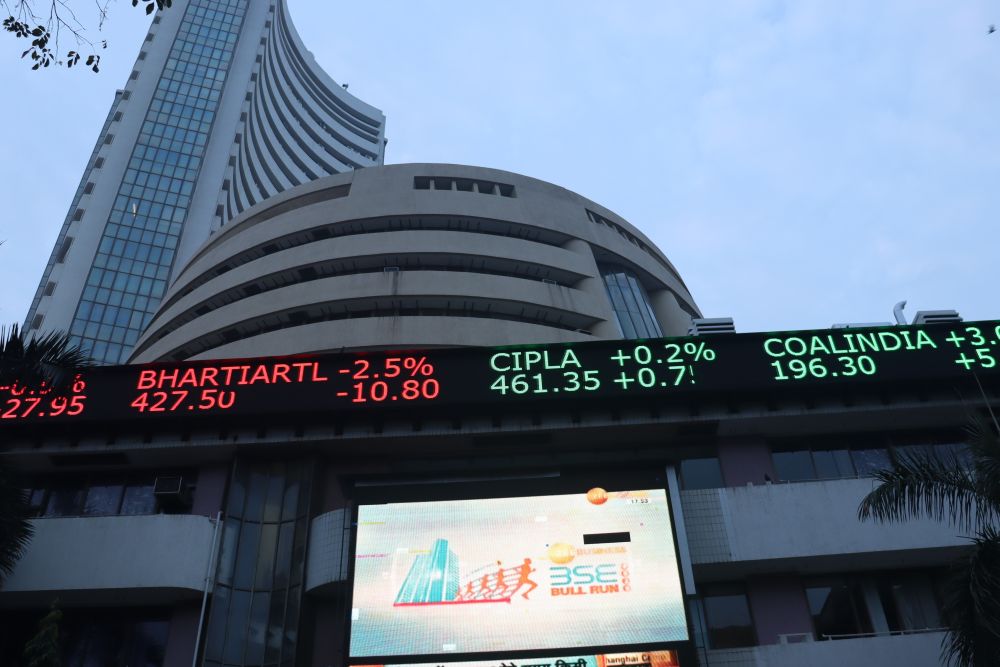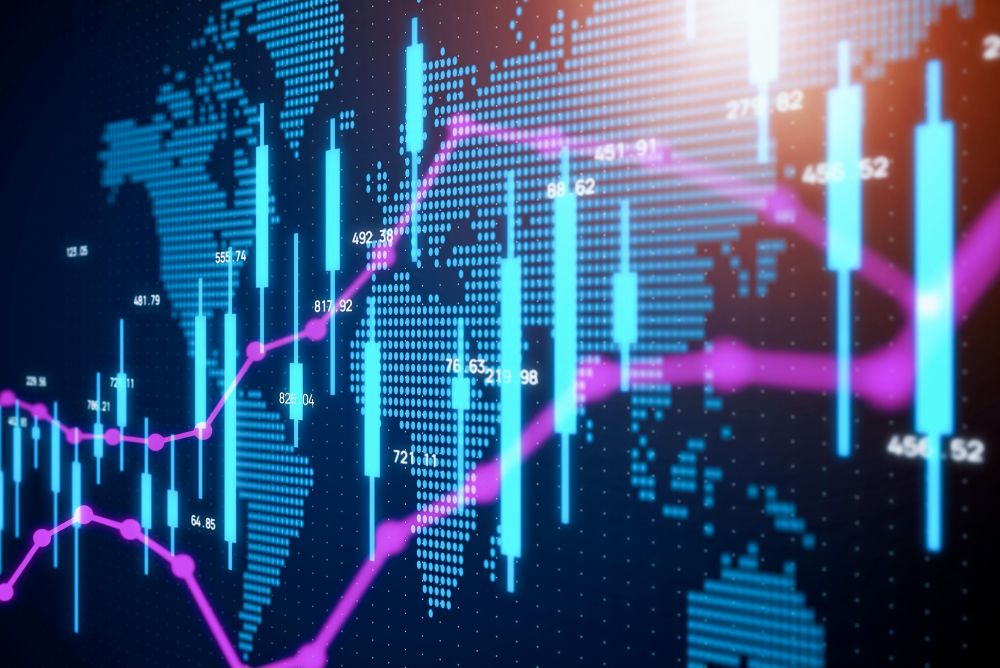Banking in Asia is hardly a homogeneous affair. Capital adequacy ratios vary immensely as do returns on equity. More to the point, the region’s banks are engaged in a cut-throat battle to embrace new technology, with many having directly invested in fintech companies and the promises of big data.
There will be consolidation, winners and losers, and adventures into the frontier markets where the earliest entrants in markets such as Myanmar, Laos and Cambodia jostle for position. Consolidated income for the big Chinese, Singaporean, Indian, Thai and Malaysian banks will grow exponentially alongside the mundane requisites of providing transaction banking, services for SMEs and retail services on internet platforms and the everyday stuff such as ATMs.
Eventually the bigger prizes provided by investment banking - underwriting IPOs, syndicated lending and arranging primary bond deals - will loom on the horizon, perhaps within the next five years if all goes according to plan.
Interestingly, for the bigger Asian banks, the firestorm unleashed by Donald Trump’s election victory across the pond has caught-on in the region. Trump’s promise to deregulate America’s banking system, built on the plank of reforming the Dodd-Frank law and its onerous Volker rule which severely curtails proprietary trading, has prompted a sharp rally in US banking stocks. This has been mirrored in the Asian banking sector.
But it’s unlikely that Dodd-Frank can been junked overnight. Unlike the Trans-Pacific Partnership, which Trump shredded at the start of his administration by executive order, Dodd-Frank runs in excess of 2000 pages of legal minutiae and will take a long time to unpick. Still, the dynamic of the possibility of this legislation getting assigned to the trashcan has unleashed a surge in the stocks of financial institutions globally, primarily among those which have investment banking businesses.
A dichotomy of thought presents on the issue. There is little doubt that US banks are sitting on bloated cushions of regulatory capital which could usefully be freed up for lending purposes. It may be that the parsimonious returns on equity which have been ushered in by the strictures of Basel 3 and Dodd-Frank can be replaced by the 20-25% which used to prevail in the era prior to the Global Financial Crisis.
That might indeed invoke a rerun of the crisis, via lax lending practices and banks once again engaging in balance sheet recklessness via proprietary trading. But it might provide a necessary shot in the arm to global economies which have been facing down secular sclerosis due to hyper regulation.
It might also relieve the burden of non-performing loans, which although on a downward trajectory in Asia thanks to disbursement, continue to present a drag on normal lending activity.
How to express the positive element of this scenario? I am rather fond of the preferred stock of the Singapore banks, particularly those of DBS and OCBC, where the prospects of US deregulation and rising domestic interest rates herald improved net interest margins and a rising return on equity. These should overshadow the Singapore banks’ exposure to some toxic sectors such as oil and gas and shipping as the dynamic plays out in the medium to long term.









